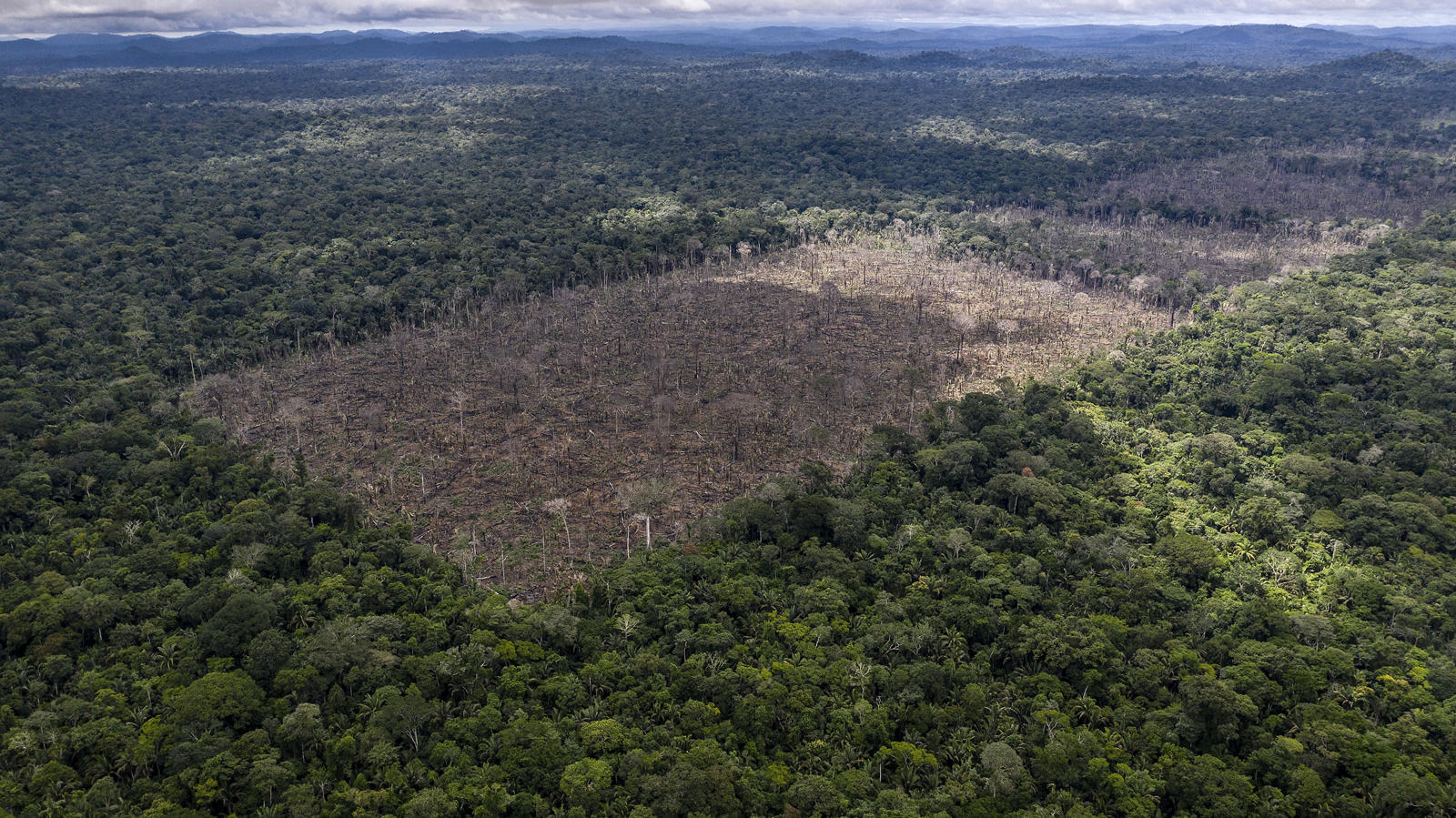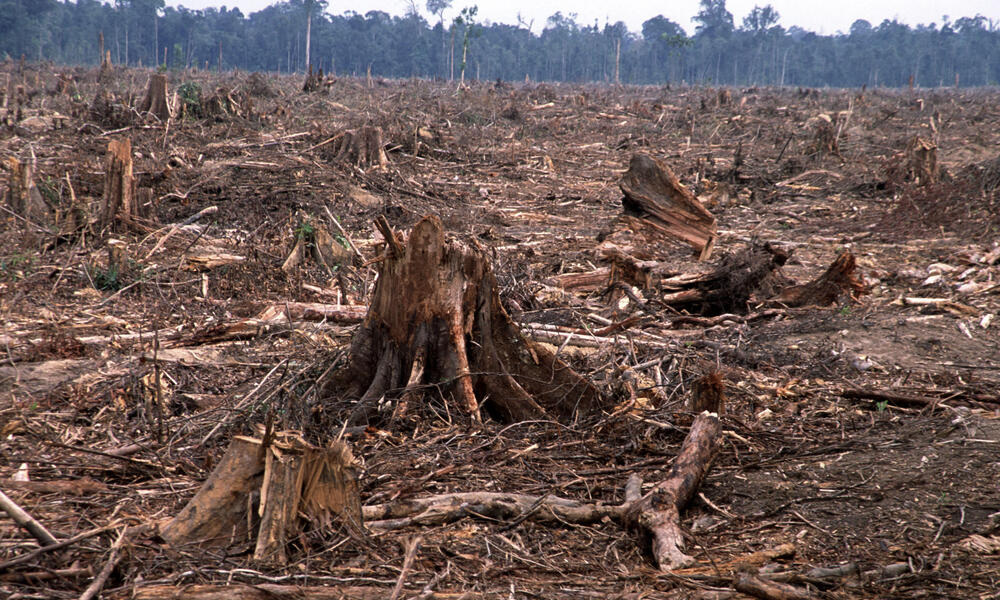In a world-first decision, a new EU law will ban the import of several products, including cocoa, coffee, soy, palm oil and beef, if they contribute to deforestation.
Currently, EU consumers have no guarantee that the items they buy are not the product of deforestation; this will soon change following a landmark agreement reached by the European Parliament and Member States early on Tuesday morning.
Once implemented, it will guarantee deforestation-free supply chains within the EU by obliging companies to prove that their products are both deforestation-free as well as compliant with the relevant legislation of the country of production on human rights and the rights of concerned indigenous people.
“It wasn’t easy but we delivered a strong and ambitious result. This important new tool will protect forests globally and cover more commodities and products such as rubber, printed paper and charcoal," said rapporteur Christophe Hansen.
"We have also ensured that the rights of indigenous people, our first allies in fighting deforestation, are effectively protected. We secured a strong definition of forest degradation which will cover an extensive area of forest."
Pioneering decision
The ban will apply to the import of palm oil, cattle, soy, coffee, cocoa, timber and rubber as well as derived products (such as beef, furniture, or chocolate), products chosen because they are the main drivers of deforestation through agricultural expansion and the fact that the EU is a major consumer of these various commodities.
An area larger than the EU was lost to deforestation between 1990 and 2020, with EU consumption of these products causing around 10% of nature losses.

Illegal deforestation found in the indigenous Uru-Eu-Wau-Wau territory, Brazil. Credit: Marizilda Cruppe / WWF-UK
The new law requires that companies verify and issue a so-called “due diligence” statement that products placed on the EU market have not led to deforestation and forest degradation anywhere in the world after 31 December 2020. Without this, they will not be allowed to sell their products in the EU.
A benchmarking system will be implemented to assess countries based on the risk of deforestation and forest degradation due to agricultural expansion. Obligations for companies will depend on the level of country risk. An additional tool to monitor the implementation of the new regulation will be satellite images of the forests.
Falling short?
Alongside the guarantee to consumers that products are not fuelling deforestation, the law will reduce the EU’s contribution to climate change and biodiversity loss around the world and help secure the livelihoods of millions of people – especially those who rely heavily on forest ecosystems.
However, Greenpeace argues that the law falls short when it comes to the human rights of Indigenous People and said that it provides only a “flimsy” protection. The environmental organisation lamented that other lands like savannahs and peatlands are not covered, despite the European Parliament pushing for the law to protect this.
"EU governments should be ashamed of themselves for giving flimsy protection for the rights of Indigenous People who pay with their blood to defend nature," Greenpeace EU spokesperson John Hyland said.
Related News
- Wallonia to create 30 new nature reserves in eco-preservation push
- The fall and rise of green Brussels
While the law is not perfect it includes strong elements, summarized Anke Schulmeister-Oldenhove, Senior Forest Policy Officer at WWF’s European Policy Office. She deplored that the negotiators had decided not to support the Parliament’s proposal to extend the scope immediately to other wooded land such as savannahs.
Furthermore, the definition of forest degradation is not sufficiently ambitious, she told The Brussels Times. “It does not address the degradation within an existing forest but the conversion of a primary or naturally regenerating forest into a forest plantation.” In this way an existing forest with all its biodiversity can be replaced by a new forest which will take years to grow up.
The decision comes ahead of COP15, the UN biodiversity conference which gets underway on Wednesday in Montreal, Canada, and has been called a "once-a-decade opportunity" to define protection goals for nature for decades to come.
Parliament and Council will have to formally approve the agreement before it can be implemented.

